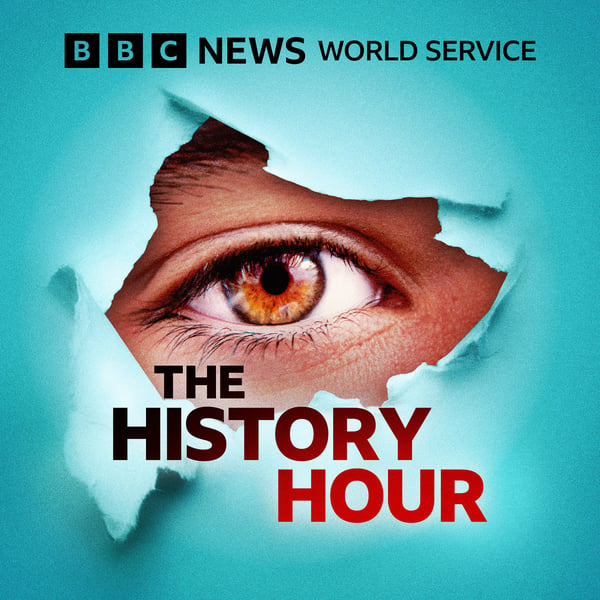The Ukraine crisis: an eyewitness history
The History Hour
BBC
4.4 • 879 Ratings
🗓️ 12 February 2022
⏱️ 50 minutes
🧾️ Download transcript
Summary
Former presidents and protestors recount two key moments in the history of the Ukraine crisis - from the historic meeting that ended the USSR to the dramatic anti-government protests in Ukraine in 2013-14. And the BBC's Lucy Ash explains how Russian-Ukrainian relations have evolved. Also in the programme, an eyewitness account of the forgotten mass killings in Burundi in 1972, plus the inventors of Google Maps and how Manolo Blahnik became a legend in the world of shoes.
Photo: Kyiv, Ukraine - December 9th 2013. Anti-government protesters stand guard at one of the barricades defending Maidan Square against police. Credit: Etienne De Malglaive/Getty Images
Transcript
Click on a timestamp to play from that location
| 0:00.0 | Hello and welcome to the History Hour podcast from the BBC World Service with me Max Pearson |
| 0:05.0 | more first-hand accounts of events that have shaped our world as brought to us by the Witness History team. |
| 0:10.0 | This week we're going to pick apart some of the key moments from the recent history of Ukraine, which have fed in to today's tension with Russia. |
| 0:18.0 | Also, surviving the 1972 mass ethnic killings in Burundi. |
| 0:23.4 | He would hear names of people who disappeared in the marketplace, in the school, in the church. |
| 0:30.4 | Plus the story of the globally successful fashion shoemaker Manolo Blannick and the invention of Google Maps. |
| 0:37.0 | Actually, our friends find this super funny that I have no sense of direction whatsoever. |
| 0:43.4 | I will consistently get lost. |
| 0:45.6 | But as I say, we start in Ukraine where the world watches nervously as Russian troops mass on its |
| 0:51.4 | border. |
| 0:52.4 | One fundamental source of the tension has been |
| 0:54.4 | Russia's perceived loss of influence in Eastern Europe since the collapse of the |
| 0:58.2 | Soviet Union in 1991. So in the spirit of giving the historical context to current events, we're going to hear how exactly the USSR came to an end. |
| 1:08.0 | It happened at a meeting in December 1991 between the leaders of the then Soviet republics of Russia, Ukraine and Belarus. |
| 1:17.0 | In 2016, Dina Newman spoke to the former President of Ukraine, Leonid Kravchuk, and the former president of Belarus, Stanislav Shushkevich, who attended that truly historic meeting. December 1991. |
| 1:35.0 | communism had already collapsed across Eastern Europe after the fall of the Berlin Wall in |
| 1:42.0 | 1989. But the Soviet Union still existed, ruled by the |
| 1:46.8 | Communist Party with Mikhail Grubachov as its head. Mr. Grubachov had had a difficult year. In August 1991, hard-line communists |
| 1:57.2 | unhappy with the liberal policies of Peristroika had attempted a coup against him, but he'd survived. Now, however, independence movements were |
| 2:06.4 | gaining popularity in many of the 15 Soviet republics. Ukraine and several smaller republics had already held independence referendums. |
| 2:15.0 | This weekend there's almost certain to be a huge majority in favor of Ukrainian independence. |
| 2:21.0 | As many as three out of every four voters are expected to say yes to a divorce |
... |
Please login to see the full transcript.
Disclaimer: The podcast and artwork embedded on this page are from BBC, and are the property of its owner and not affiliated with or endorsed by Tapesearch.
Generated transcripts are the property of BBC and are distributed freely under the Fair Use doctrine. Transcripts generated by Tapesearch are not guaranteed to be accurate.
Copyright © Tapesearch 2025.

